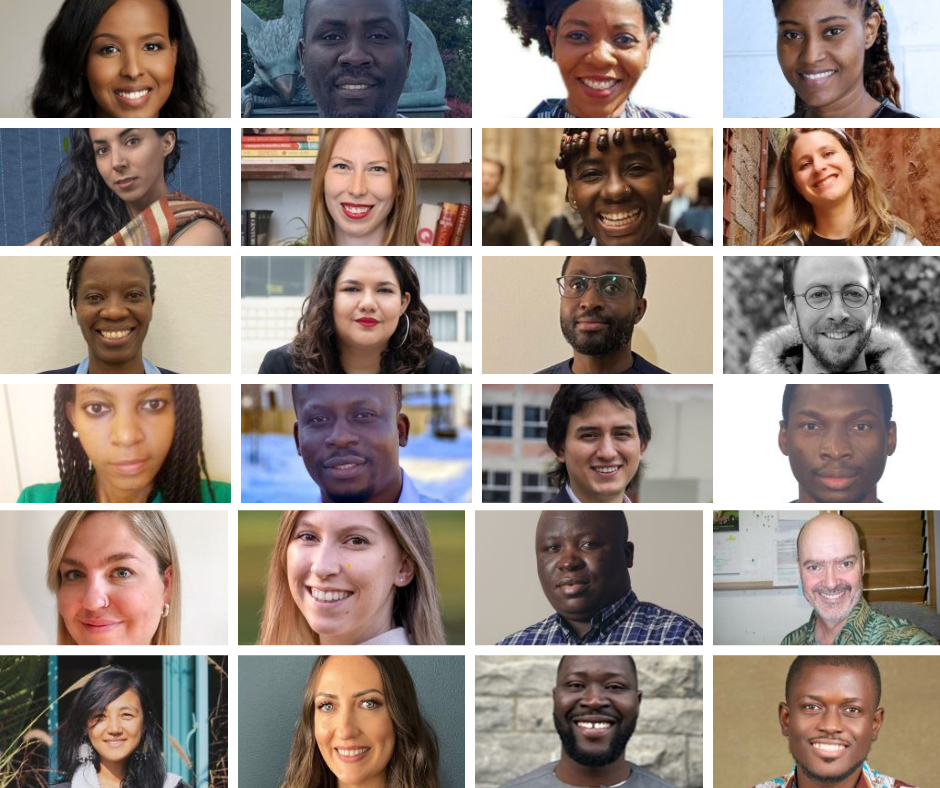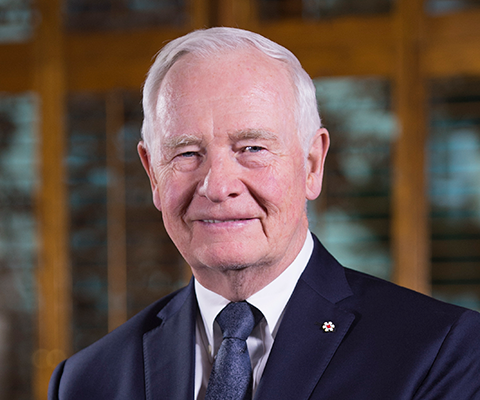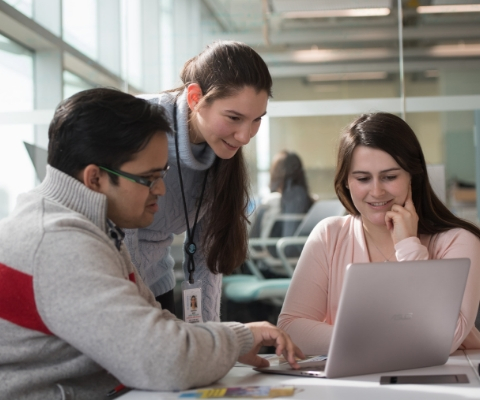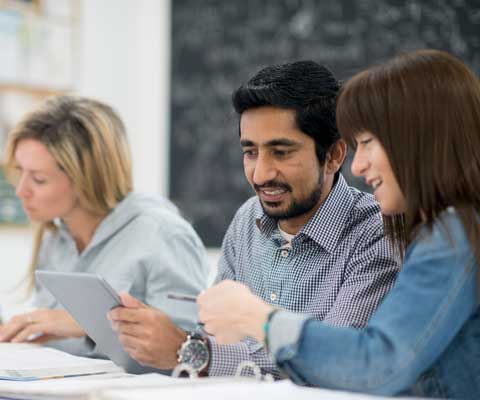Undergrads are getting their hands dirty

This op-ed was published in The Hill Times on August 17, 2015.
By Dr. Elizabeth Cannon, president and vice-chancellor of the University of Calgary
In a few weeks, close to a million undergraduate university students will head off to campuses across Canada. About a quarter of them are first-year students, and they’re in for a life-changing experience. The people they meet, the courses they take, and the projects they tackle outside of the classroom will shape their future – and Canada’s.
But what will that future look like? What’s in store for them after graduation?
Today’s university students are being prepared for a lifetime of learning. They will enter a rapidly evolving labour market, where many of the jobs in highest demand didn’t even exist 15 years ago. They’ll need to be adaptable to new challenges, new skills and new opportunities.
Canada needs more highly trained university graduates to meet upcoming labour market shortages. Job projections by the Canadian government show that between 2013 and 2022, there will be more than 5.8 million job openings. More than 65 per cent of those will require postsecondary training.
Canada’s universities are doing their part to equip graduates with the experience, skills, and flexibility they’ll need to succeed in the workplace. Part of that involves hands-on research, starting as early as first year.
Employers today are looking for more than just a credential. They want to hire people who can delve into open problems and work creatively with people of different backgrounds. A 2013 survey by the Canadian Council of Chief Executives shows that problem-solving, communication, leadership, and analytical skills are among the top qualities that employers look for in new hires.
We often hear about the role of co-ops, internships, and other hands-on learning in fostering this broad skill set. More than half of today’s undergraduate students have a work-integrated learning experience during their studies. What we hear less about is the value of hands-on research. But it’s also an integral part of the experiential learning toolkit.
Research skills can and should be learned early. Tackling an open-ended question, whether in a lab or a library, cultivates that inquisitive, problem-solving drive that helps students succeed in the world of work.
Research experience early in an academic career helps students create a unique body of expertise which differentiates them from their peers. It also allows them to dive into a subject that fascinates them; gaining insights and knowledge that will help them make career decisions.
A 2012 survey of undergraduates across Canada showed that 58 per cent of bachelor’s students are getting exposure to their professors’ research. That’s a good start, but universities are looking to do more.
There are inspiring examples across the country of universities helping undergraduates get their hands dirty through research. Institutions are leveraging their strength in research to provide better learning opportunities for our next generation of thinkers and doers.
At the University of Calgary, we’re creating a culture that integrates research with the undergraduate learning experience. We want students to go beyond being consumers of knowledge, and instead develop the skills that allow them to create new knowledge – right from the get-go.
The University of Calgary offers a number of research awards and programs specifically for undergraduate students. The Program for Undergraduate Research Experience, for example, funds students from across disciplines to undertake independent summer research projects as early as first year. The Markin Undergraduate Student Research Program (USRP) in Health & Wellness supports students whose research interests lie specifically in the health field.
The students who participate in these programs are tackling real-world problems early in their academic careers. Karen Leung, a science student and a recipient of a Markin USRP, examined cross-cultural experiences of dementia, interviewing Alzheimer’s patients from four different cultural and linguistic communities in Canada. Engineering student Jason Motkoski manufactured and tested a new laser tool to be used in surgery by a medical robot arm.
With guidance and leadership from faculty, students like Karen and Jason have experienced first-hand how research can contribute to new knowledge and solve real-world problems.
Hands-on research experience is becoming increasingly important in preparing today’s students for new economic and labour force realities.
When we see major investments that aim to expand the research capacity of Canadian institutions – for example, the new Canada First Research Excellence Fund – we must recognize their value in giving students exposure to world-leading research initiatives. And we need to continue to invest in research experiences for students, starting in first year.
Making the most of experiential learning – and hands-on research in particular – requires that universities, government and the private sector all recognize the value of these experiences in developing graduates who can assess challenges, analyze information and find solutions. We don’t know exactly what the economy of the future will look like, but we do know navigating it will require the creative thinking and problem-solving skills that research experiences nurture.
About Universities Canada
Universities Canada is the voice of Canada’s universities at home and abroad, advancing higher education, research and innovation for the benefit of all Canadians.
Media contact:
Lisa Wallace
Assistant Director, Communications
Universities Canada
[email protected]




